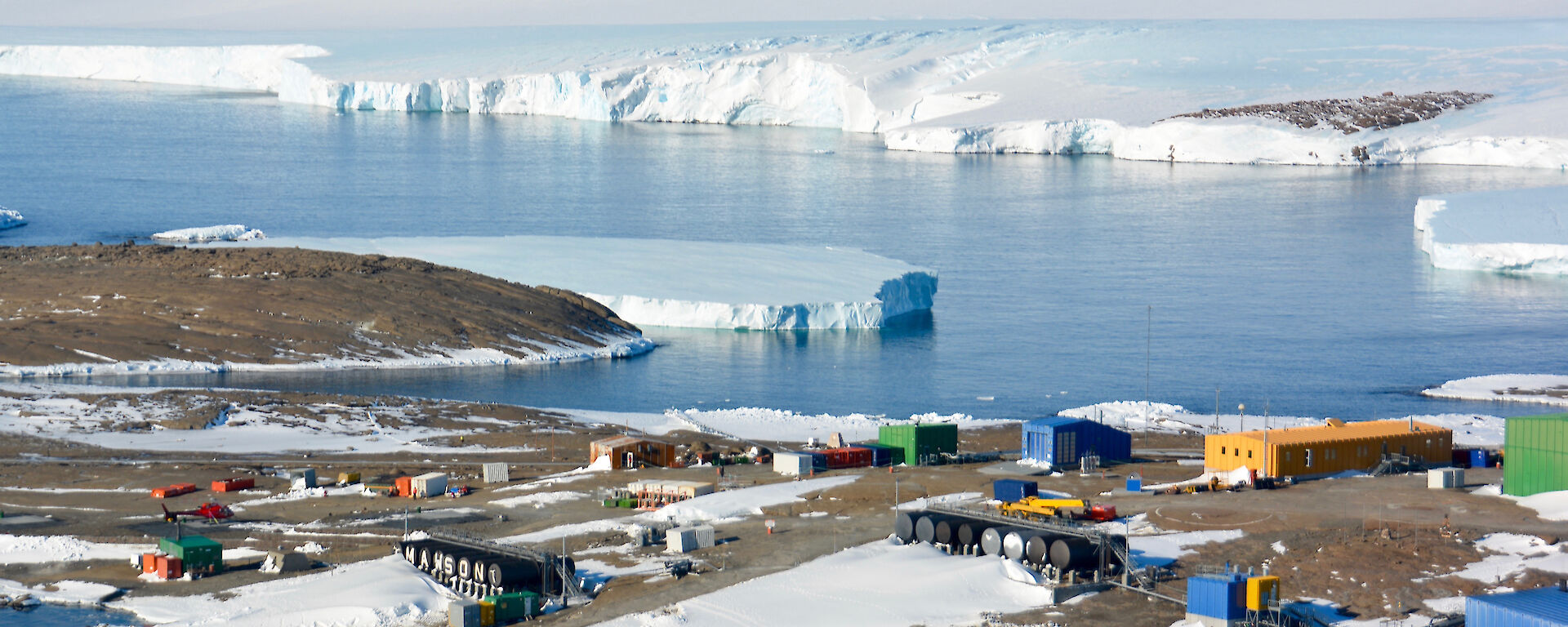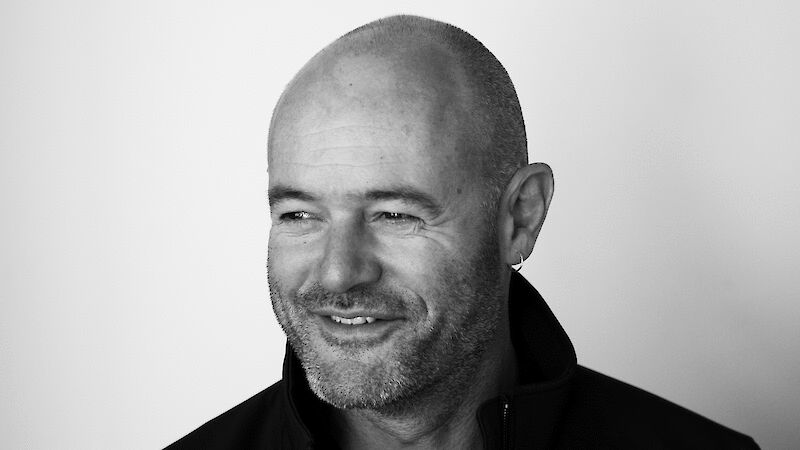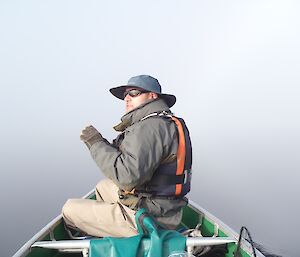Leading Australian photographer Martin Walch has been awarded the 2017 Australian Antarctic Arts Fellowship.
Dr Walch specialises in time-lapse and still photography and will travel to Australia’s Mawson research station where he will spend 3 months capturing the unique icy environment on camera.
“My aim is to reveal previously hidden aspects of the Antarctic landscape, its weather and ecosystems, through art works that explore the unique time-scapes of the southern polar regions,” Dr Walch said.
“My work will offer new ways of understanding the movements of water, ice, animals and people as they go about their daily lives under the ever-present summer sun.”
Dr Walch completed his studies, and is a part-time lecturer, at the University of Tasmania.
He has a Bachelor of Fine Art with Honours in Photography, a Master of Fine Arts by Research in Digital Stereoscopic Photography and Landscape, and a PhD in Fine Art.
The work Dr Walch produces through the Antarctic Fellowship will be exhibited in Tasmania and nationally, while an archive will be collected by the world renowned Center for Art + Environment at the Nevada Museum of Art.
Dr Walch’s Antarctic Fellowship will use techniques and strategies developed during his 5-year Australian Research Council collaboration with Dr David Stephenson entitled The Derwent Project which is currently on display at the Tasmanian Museum and Art Gallery.
The Antarctic Arts Fellowship provides opportunities for people from the creative community to experience Antarctica first hand, and share this with the broader Australian community through their chosen art form.
The Arts Fellowship, formerly known as the Antarctic Humanities program, has been running since 1985. Previous Arts Fellows include sound artist Philip Samartzis, children’s author Alison Lester, and visual artist John Kelly.
Through a new partnership with the Australian Network for Art and Technology (ANAT), Arts Fellows are eligible for financial support of up to $5000.
ANAT Director Vicki Sowry said the grant helps artists cover additional expenses incurred as part of the program, such as domestic travel, accommodation and medical screening.
“For the past 30 years, ANAT has enabled artists to directly engage with science and technology research,” Ms Sowry said.
“We see a great synergy with the unique nature of the Fellowship and the cutting edge work we support and are delighted to be able to support an artist of Martin Walch’s calibre and the exciting work he will undertake on the icy continent.”
Dr Walch will travel south on the Aurora Australis in October 2017.




